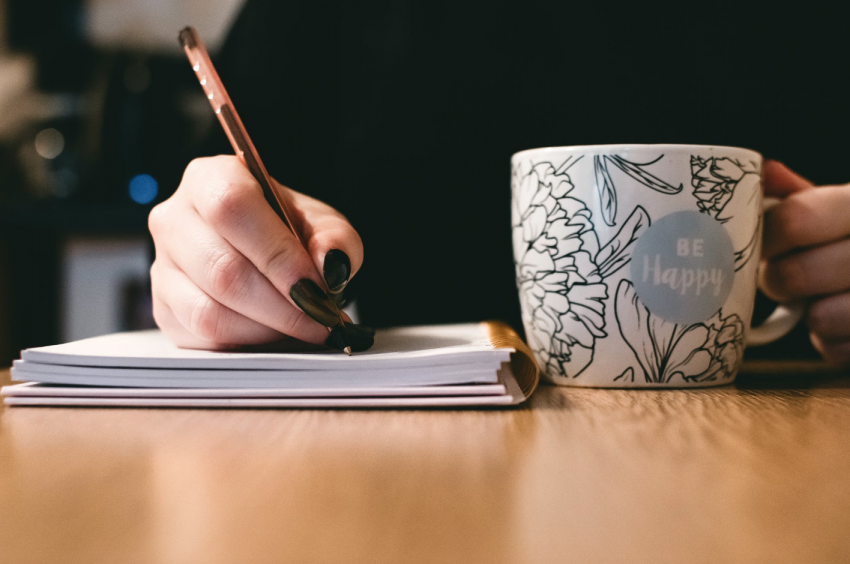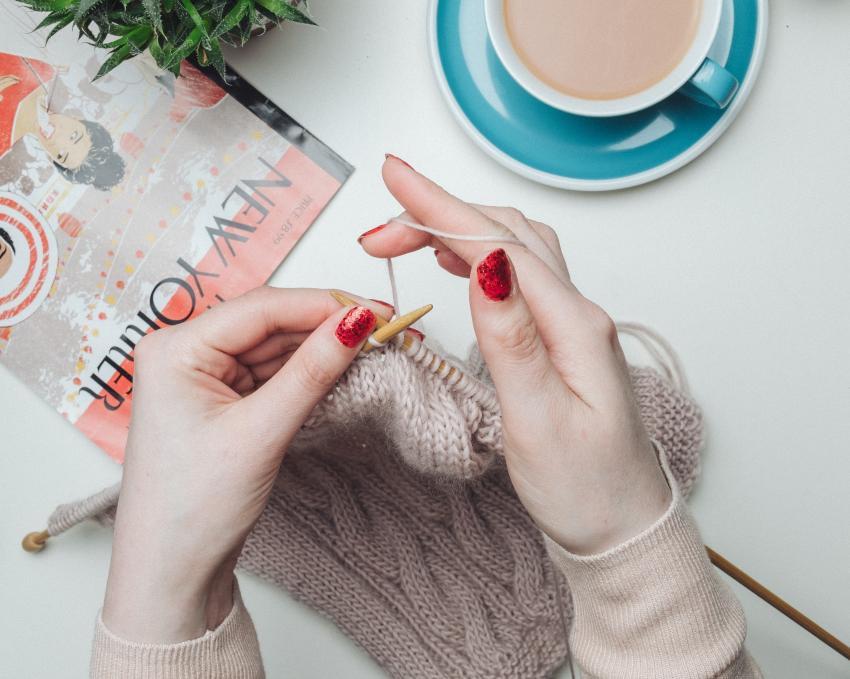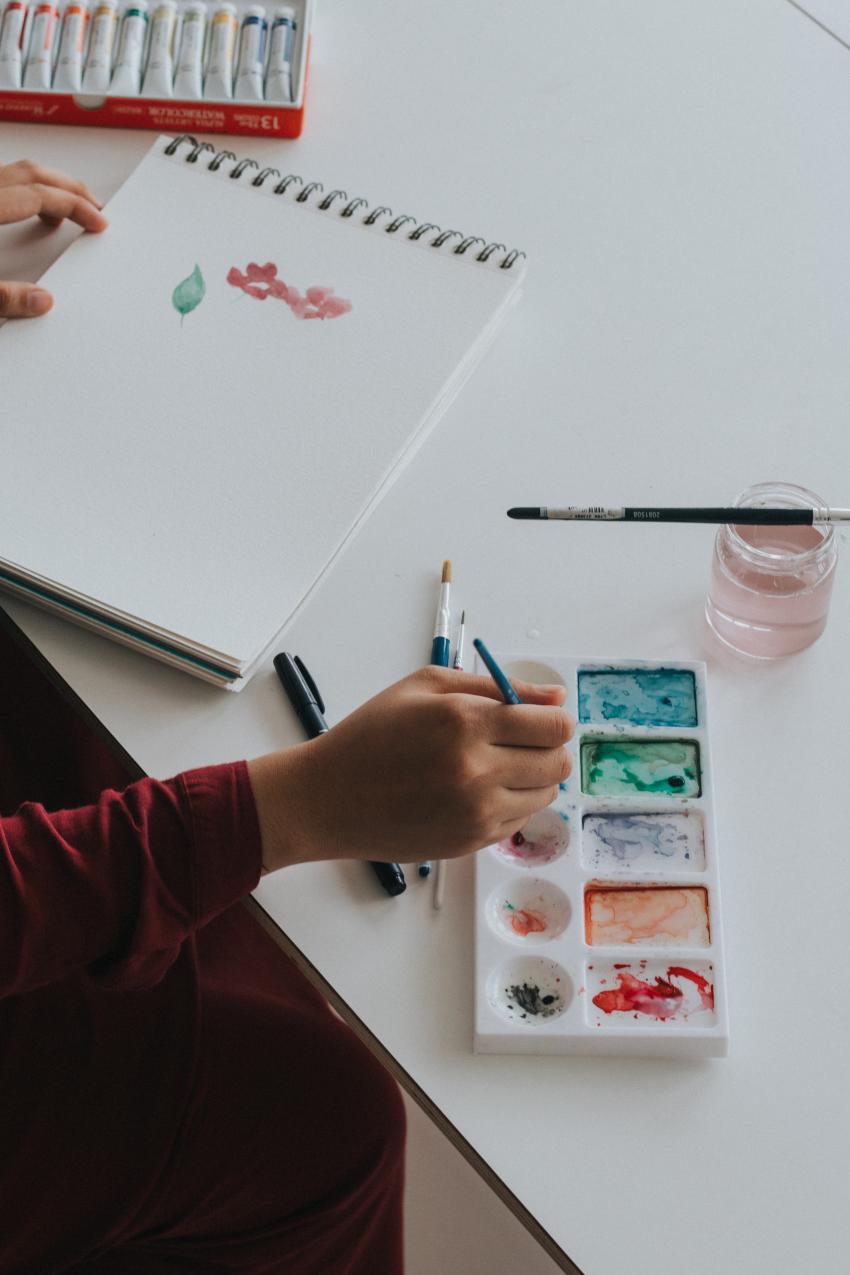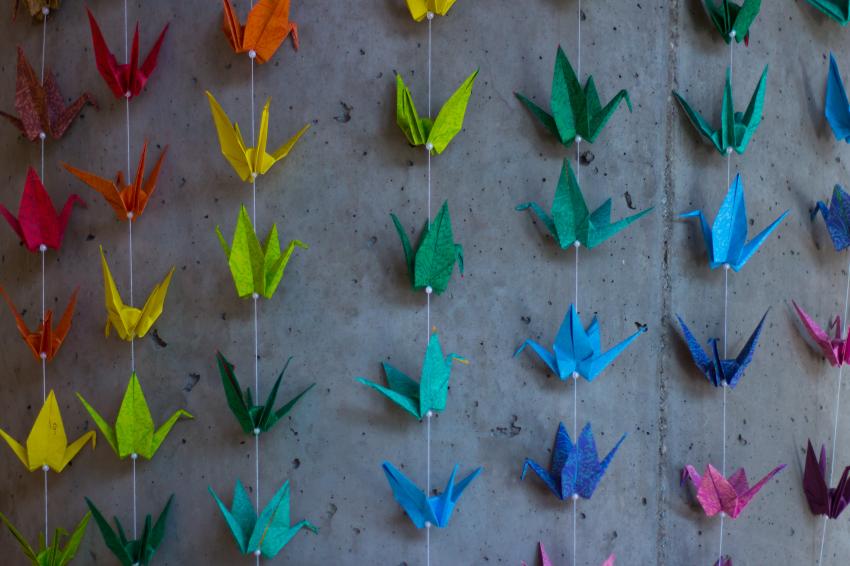Easy Activities That Have Therapeutic Benefits

Life gets busy! Welcome to adulthood, where schedules, daily routines, to-do lists, goals… you name it, are all the things that consume our daily lives. There’s always something to do but it's important to make time for activities that are solely for selfish reasons. Any activity that is done for enjoyment, typically during one's leisure time is good for your creativity, career, relationships, spirituality, and mental health
Mental health is a topic that has gained a lot of traction over the years with suicide becoming a leading cause of death in the US and mental health conditions often seen as the cause of suicide.
Although suicide is rarely caused by one factor as mental health includes emotional, psychological, and social well-being. It affects how we feel, think and act but is still a topic most people find hard to talk about.
The reason being, the issue usually questions how people make choices, relate to others, and handle stress while uncovering the major dimensions that cause and can help stabilize mental health conditions. These are; support from home, alignment with purpose/ meaningful activities, influences from the community, and stable health for physical and emotional well-being.
Mental health is critically important at every stage of life however it can seem harder in adulthood because responsibilities and independence come to effect at a rapid speed and that is why mental health activities and interventions are designed to help people cope.
Engaging in cognitive behavioral therapy brings you inner peace, mindfulness, and is a form of meditation.
Here are therapeutic activities you can do to improve your mental health;
Coloring
Coloring is an activity that can calm the mind by focusing on a single simple task, it relaxes the amygdala known as the fear center of your brain. Coloring helps focus on the present and block restless thinking with its ability to induce the same state as meditating. It has often been used in recovery for addicts and alcoholics, to assist in dealing with the wave of emotions by shifting focus to mindfulness and quietness. Cleveland clinic shares reasons why coloring is not only good for children but for adults too. There are various adult coloring books and coloring pages that will have an overall positive impact on your mental, emotional, and ultimately spiritual health when practiced regularly.
Baking

Baking has a multi-sensory aspect that makes it very therapeutic for some people especially if they have positive memories associated with what they are making. IT helps bakers escape into a focused activity, keeping their body and mind focused on a rewarding process that teaches us to do things that are good for ourselves. This redirection of thoughts and expression is a subconscious form of therapy. Associate professor of psychological and brain sciences at Boston University, Donna Pincus, explained that baking is a productive form of self-expression and communication. “There’s a lot of literature for connection between creative expression and overall well being because of the stress relief that people get from having some kind of an outlet”
Scrapbooking
Scrapbooking encourages productivity because starting and finishing a project can be a powerful mode of encouragement. This activity aids through visual and emotional connections, when making a collage, as a form of self-expression that is beneficial for those in recovery. Ros Walling-Wefelmeyer compiled a sociological research article on scrapbooking as a stimulation of a positive participatory research experience experience because it preserves the past or helps to daydream about the future. This boosts memory support because pictures stimulate the brain for recollection, making it more active which is beneficial to overall health.
Knitting

Knitting is a creation, which is always good for recovery because it truly allows for one to focus on what they’re doing with methodical repetition while strengthening the sensory- motor system function. The art of knitting reduces stress and increases the feeling of being useful which is overall good for your well being. Its rhythmic and repetitive movements are a key to relaxation and are considered equal to meditating.
While it is most known for being good for the brain, knitting can be good for your body especially for hand eye coordination as you age by maintaining your fine motor skins and force your hands and brain to work together. Dr Barry Jacobs of Princetown University found that animals who perform repetitive motions trigger a release of serotonin, the neurotransmitter associated with calmness and well-being
Fidgeting device
Fidget spinners are extremely helpful for anxiety. In moments of distress, fidgeting allows for a sensory connection, teaches tolerance, promotes relaxation and helps people in recovery to stay in the present moment by sharpening focus. The fidget device is growing in plurality because it is helpful for people with sensory processing differences such as children with special needs, ADD or ADHD.
Painting

Painting makes you focus solely on what you are doing and that is considered very therapeutic. Whether you are creating a painting or viewing it, art helps people cope with stress, develop self-awareness, work on social skills, boost self-esteem and explore emotions. For people in recovery, it is beneficial because it allows for creative expression. This is an effective tool in mental health treatment. Art relieves mental strain and stimulates the creative mind.
Ripping paper
Paper cutting can be used as a task to relieve stress or anxiety, by giving the mind something “mindless” to focus on. Ripping paper is therapeutic, and can be a visual aid for those in recovery to picture “ripping up” their stressors or worries.
Origami

Origami, known as the Japanese art of paper-folding, is a therapeutic activity that puts cognitive motor functions to work. It is good for both mental and physical exercise because it develops hand-eye coordination and mental concentration. Folding paper to create beautiful shapes stimulates the left and right hemisphere. An art therapist, Carolyn Mehlomakulu explains how it is also used for stroke and injury rehabilitation because it builds frustration tolerance, harnesses fine motor skills and is relaxing.
Journaling
Making notes about your thoughts and feelings allows for one to understand their thought process and emotions better. Journaling might not be helpful in the moment but has extreme therapeutic value in the recovery process. It allows you to see where you’re at mentally and emotionally.
Draw a mandala
A Mandala consists of circular drawings that have repetitive designs within a series of circles. Drawing a mandala is a therapeutic art tool of distress tolerance by reducing anxiety and tension. It helps you calm down and focus one one design at a time, not only for the end result but the pleasant process of completing it. New research shows that drawing a mandala can help detox negative feelings and promote positivity. Mandala allows the creator to capture true self-expression, a symbolic sacred circle that stimulates creativity and is a way to release emotional blockages.
There are many other activities that we indulge in on a day to day basis that have a positive impact on our well being, such as taking a walk, listening to music and joining a class for something you enjoy doing. It is essential to make time for activities that develop positive thinking and coping skills to treat specific mental health conditions like depression or anxiety, trauma, or simply the daily human challenges we all face.
